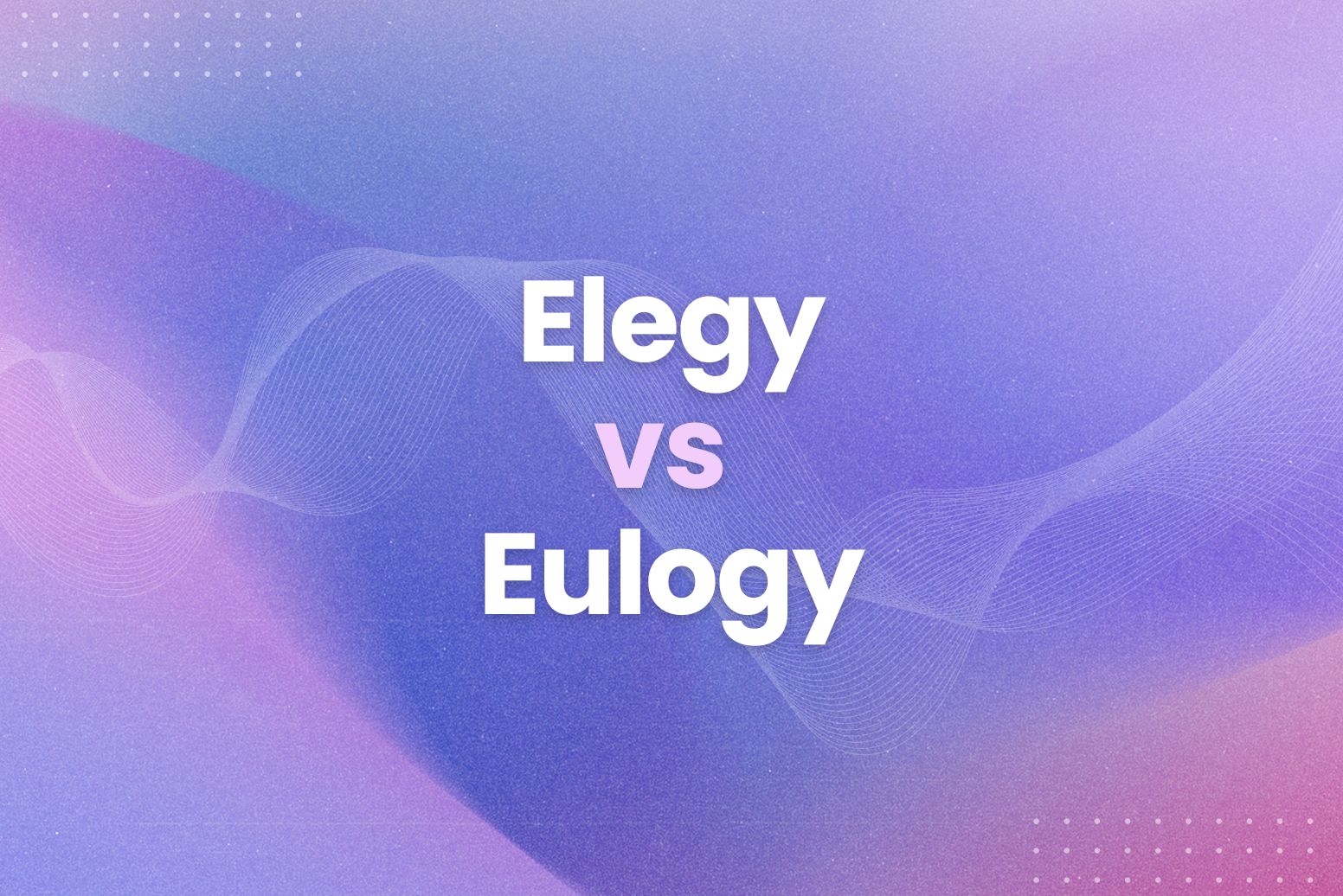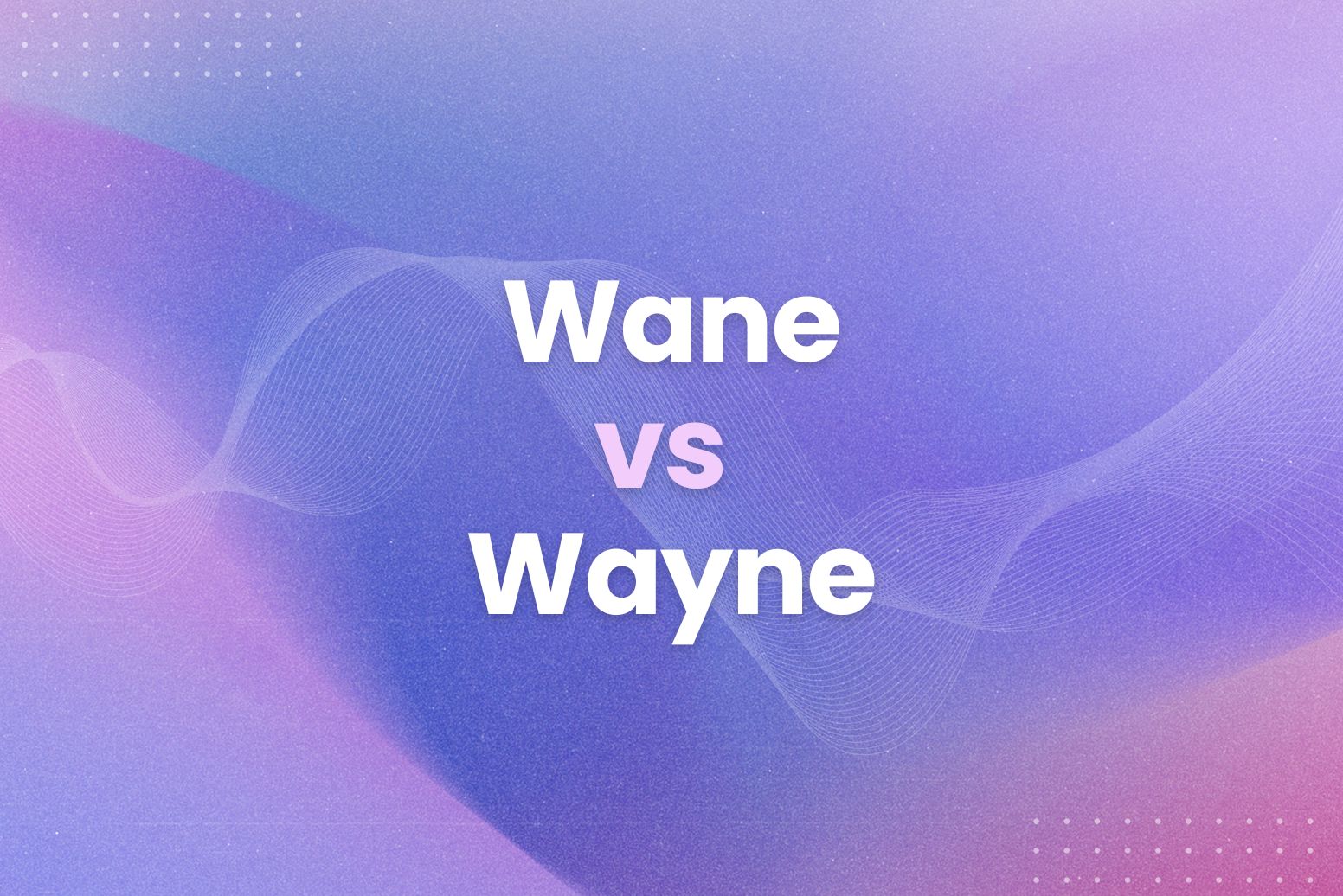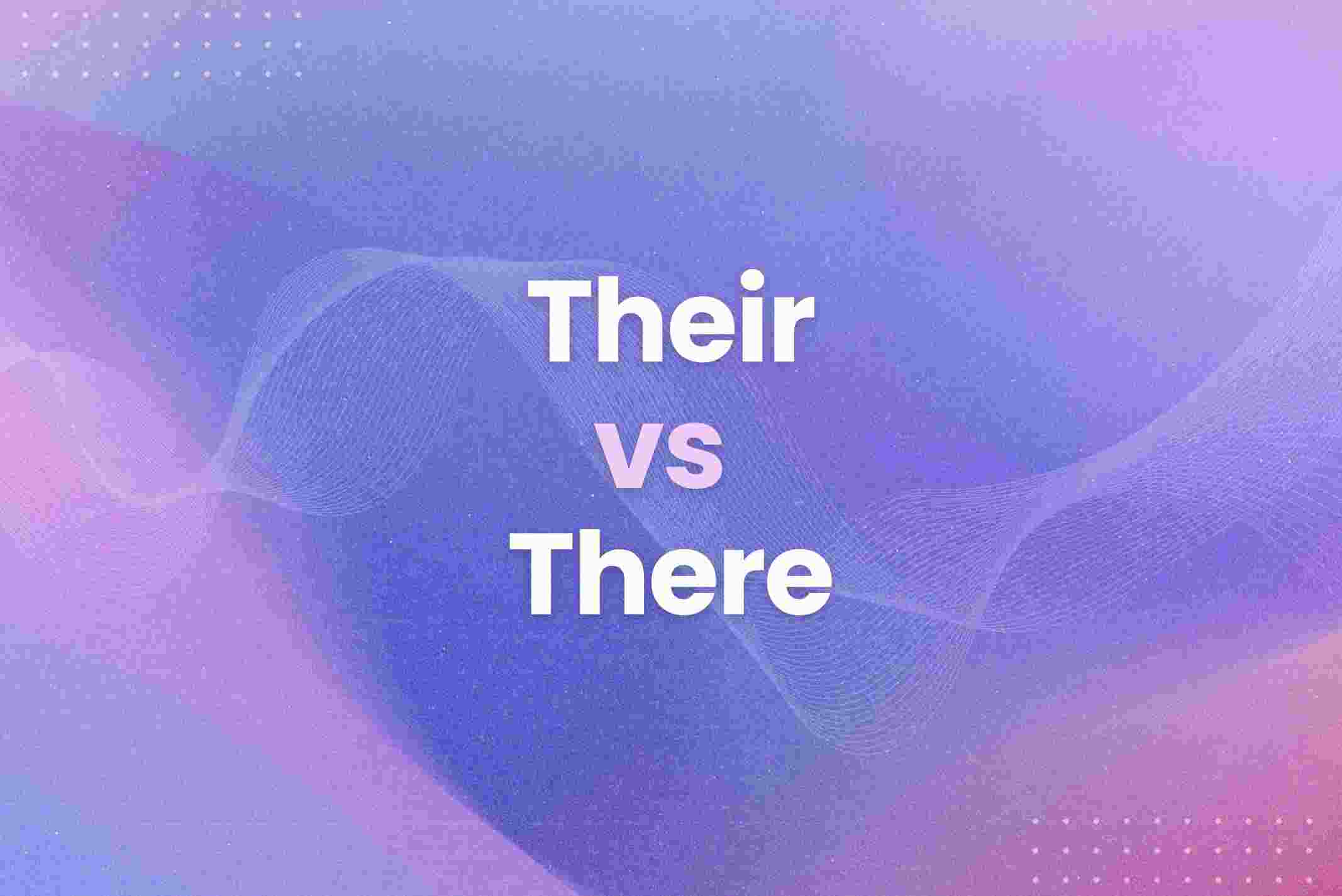Sometimes, words meant to comfort can cause confusion. We often hear “elegy” and “eulogy” used interchangeably at times of loss. But these terms have distinct meanings. This mix-up can add unnecessary stress during already difficult times. This article will clarify the difference of Elegy vs Eulogy, so you can use them correctly and offer the right kind of support. Therefore, we’ll cover:
- The definition of an elegy.
- The meaning of a eulogy.
- Key differences between the two.
- When to use each term.
In short, this guide will give you the clarity you need.
The Definition of an Elegy
An elegy is a poem or song of mourning. It expresses grief for someone who has died. For instance, it could be written for a specific person or a more general loss. Similarly, it can explore themes of sorrow, reflection, and consolation.
Therefore, an elegy often has a somber tone. However, it can also offer hope or acceptance. For example, many elegies celebrate the life of the deceased. Furthermore, they acknowledge the pain of their absence.
In addition, elegies aren’t limited to human loss. For example, they can lament the loss of a place, an era, or even an ideal. In short, an elegy captures a sense of loss and reflection.
The Meaning of a Eulogy
A eulogy is a speech given at a funeral or memorial service. It praises the life of the deceased. For example, it highlights their accomplishments, qualities, and impact on others. Therefore, a eulogy is a tribute.
Moreover, a eulogy is typically delivered by someone close to the deceased. For instance, this could be a family member, friend, or colleague. In addition, it offers a chance to share memories and celebrate their life.
Furthermore, a eulogy aims to comfort those who are grieving. It reminds them of the positive influence the deceased had, focusing on the good they brought into the world. In short, a eulogy is a heartfelt farewell and a celebration of a life.
Key Differences Between Elegy vs Eulogy
Elegies and eulogies both deal with the theme of death and remembrance. However, they differ significantly in form, purpose, and tone. This makes it important to understand their distinctions.
- First, consider the format. An elegy is a poem or song. It’s a creative expression of grief. A eulogy, on the other hand, is a speech. It’s delivered at a funeral or memorial service. This is a key difference.
- Second, consider the focus. Elegies tend to be introspective and emotional. They explore feelings of loss, sorrow, and reflection. They may grapple with the meaning of life and death. Eulogies, conversely, focus on the positive aspects of the deceased’s life. They celebrate their achievements, character, and impact on others.
- Third, think about the scope. Elegies can address various kinds of loss. This includes the death of a person, but also the loss of a place, time, or ideal. A eulogy is exclusively for a deceased individual. It specifically honors their life.
In other words, an elegy is a personal reflection on loss. A eulogy is a public tribute to a specific life. In short, elegies feel the loss deeply, while eulogies honor the life lived.
When to Use Each Term (Elegy vs Eulogy)
Choosing between “elegy” and “eulogy” depends on the context. It’s about knowing what you want to express and how. So, let’s clarify when each term is appropriate.
- Use an elegy when you’re creating a work of art. This includes poems, songs, or even paintings. It should express grief or sorrow. For example, if you’re writing a poem for a deceased friend, that’s an elegy.
- Use a eulogy when you’re giving a speech at a funeral. This speech should praise the deceased. It should highlight their life and accomplishments. For instance, if you’re speaking at your grandmother’s memorial service, you’d deliver a eulogy.
Therefore, the form of expression dictates the term. Creative works of mourning are elegies. Spoken tributes at funerals are eulogies. In short, art expresses grief. Speeches honor a life.
Writing Touching Tributes? Arvin Can Help
Understanding the difference between an elegy and a eulogy allows us to express our grief and respect more effectively. Elegies offer personal reflection. Eulogies provide public honor. Now you know when to use each term.
Key takeaways on elegy vs eulogy:
- An elegy is a poem or song expressing grief.
- A eulogy is a speech given at a funeral.
- Elegies focus on loss and sorrow.
- Eulogies celebrate a life.
Crafting the right words during times of loss can be challenging. Whether writing an elegy or preparing a eulogy, expressing yourself clearly and respectfully is essential. Arvin, the AI writing assistant, can help you refine your writing. This ensures your message is both heartfelt and grammatically sound. It’s a helpful tool for ensuring your tribute is just right.
FAQs
What is the difference of Elegy vs Eulogy?
A eulogy is a speech given at a funeral or memorial service that praises the deceased’s life. An elegy is a poem or song expressing grief or sorrow, often for the dead. In short, a eulogy is spoken; an elegy is written (or sung).
Is an elegy a tribute?
Yes, an elegy can be considered a tribute. It honors the deceased by expressing sorrow and reflecting on their life. However, it’s more focused on the feeling of loss than a eulogy, which is more celebratory.
What’s the difference between an elegy and a dirge?
Both express sadness for the dead. A dirge is a specific kind of song sung at funerals. An elegy is a wider term. It can be a poem or song and doesn’t have to be part of a funeral. So, a dirge is always an elegy, but an elegy isn’t always a dirge.
What are the three kinds of elegy?
There aren’t three official “types,” but we can group elegies by what they focus on:
- Pastoral Elegies: These use nature images (like shepherds and fields) to talk about death. They often make the dead person seem perfect.
- Personal Elegies: These are about the writer’s own sadness for someone they knew.
- Meditative Elegies: These use death as a way to think about bigger ideas like life, loss, and what it all means.
These groups can mix together. One elegy might have bits of all of them.








